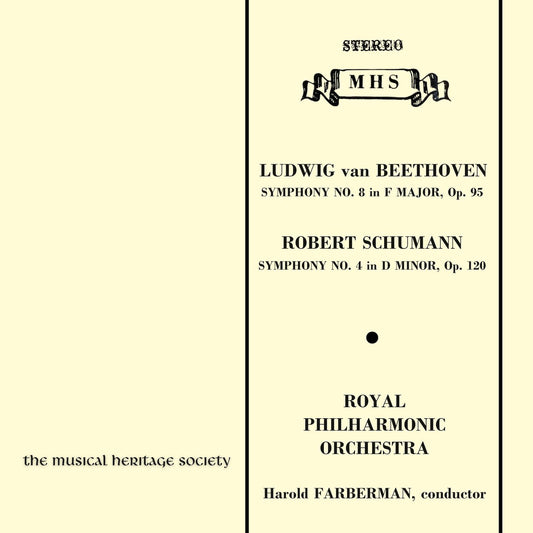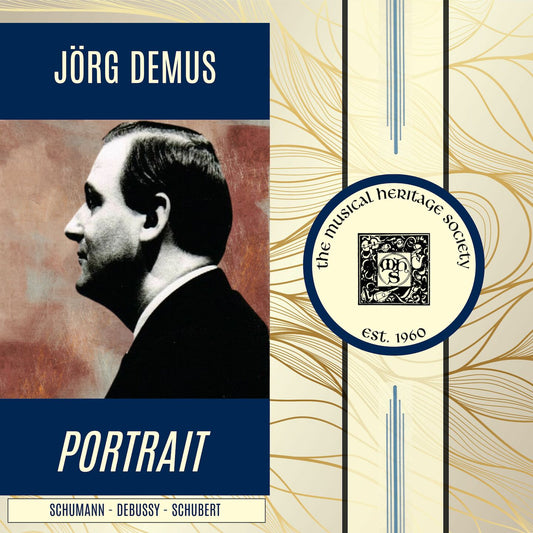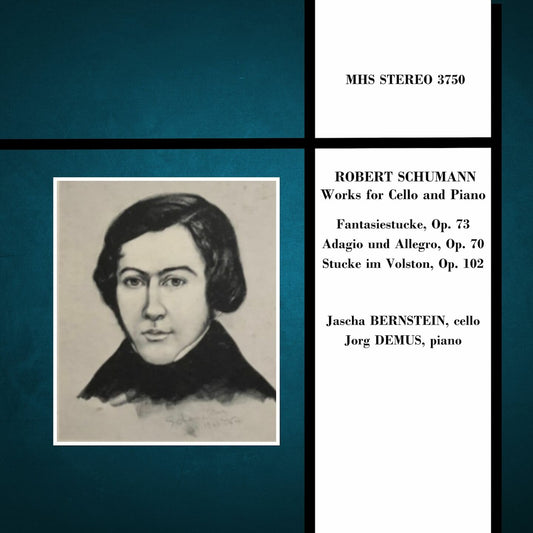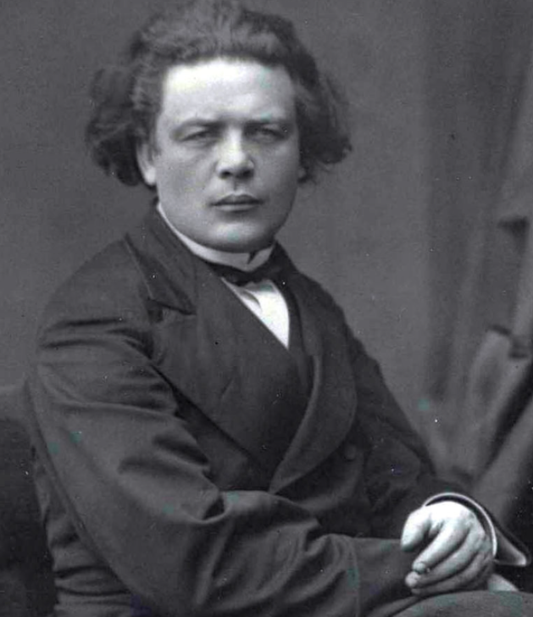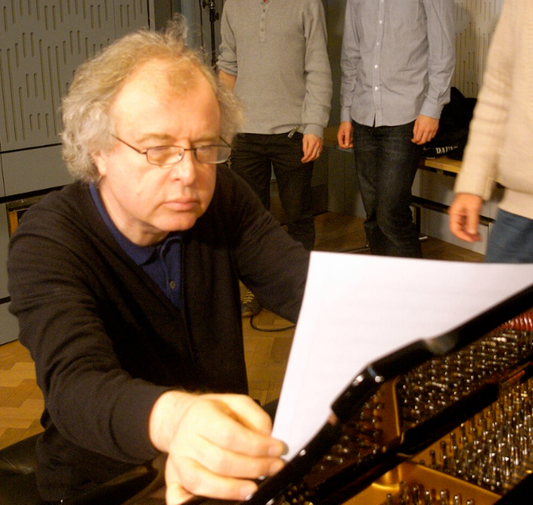Collection: ROBERT SCHUMANN (1810-1856)
Robert Schumann (born June 8, 1810, Zwickau, Saxony [Germany]—died July 29, 1856, Endenich, near Bonn, Prussia [Germany]) was a German Romantic composer renowned particularly for his piano music, songs (lieder), and orchestral music. Many of his best-known piano pieces were written for his wife, the pianist Clara Schumann.
The early years
Schumann’s father was a bookseller and publisher. After four years at a private school, the boy entered the Zwickau Gymnasium (high school) in 1820 and remained there for eight years. He began his musical education at the age of six, studying the piano. In 1827 he came under the musical influence of the Austrian composer Franz Schubert and the literary influence of the German poet Jean Paul Richter, and in the same year he composed some songs.
In 1828 Schumann left school and, under family pressure, reluctantly entered the University of Leipzig as a law student. But at Leipzig his time was devoted not to the law but to song composition, improvisation at the piano, and attempts to write novels. For a few months he studied the piano seriously with a celebrated teacher, Friedrich Wieck, and thus got to know Wieck’s nine-year-old daughter Clara, a brilliant pianist who was just then beginning a successful concert career.
In the summer of 1829 he left Leipzig for Heidelberg. There he composed waltzes in the style of Franz Schubert, afterward used in his piano cycle Papillons (Opus 2; 1829–31), and practiced industriously with a view to abandoning law and becoming a virtuoso pianist—with the result that his mother agreed to allow him to return to Leipzig in October 1830 to study for a trial period with Wieck, who thought highly of his talent but doubted his stability and capacity for hard work.
FROM THE MUSICAL HERITAGE REVIEW
Despite the fact that he was being hired as virtual overlord of Dusseldorf musical life, Schumann had misgivings--largely about the presence there of a public looney-bin, whose inmates he preferred not to have to observe. Four years later, after being visited by angels and hyaenas and taking a desperate plunge into the Rhine, he had himself committed to a private asylum where he died at forty-six. Nor had the Dusseldorf experience been any bed of roses. After they had hailed the conquering hero, his choir and orchestra became increasingly dissatisfied with him, and finally refused to play and sing for him at all. Not that you could blame them--the poor man often stood there, baton poised, staring into space, and on one occasion went on obliviously conducting after everyone else had dropped out.

